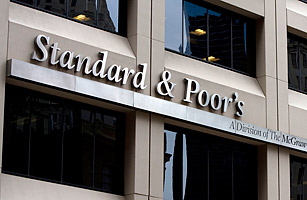
A large part of the reason big banks were able to package together questionable mortgages and sell off slices to investors was because credit rating companies gave such deals their blessing. These firms, primarily Moody's and S&P, made huge profits (they were paid by the firms who needed their blessings) by assigning high ratings to ever-more-complicated deals, even though there was little data on how such structures would fare over time. Many of these products would later prove to be nearly worthless.
Both the House and Senate bills try to bring more accountability to credit rating companies by requiring better internal risk assessment, establishing public disclosure of methodology and attempting to chip away at the conflict of interest inherent in the business model of having security issuers pay for their own ratings. How much these steps will accomplish is tough to tell, although one potentially meaningful set of changes would make it easier for investors to sue credit rating companies. In the past the firms have successfully hid behind First Amendment claims of free speech.
The Senate bill also commissions a study to examine weaning the federal government off of credit ratings, which are used by numerous regulatory agencies in making judgments about the quality of financial assets. The House bill requires a new standard of creditworthiness to be devised. Completely cutting that link would be an important step in diminishing the power of the ratings companies — although both bills stop short of doing that outright.